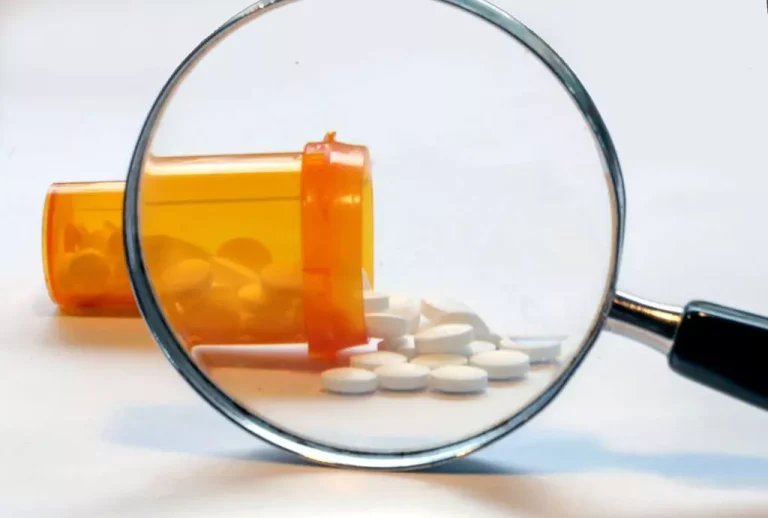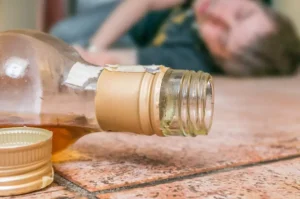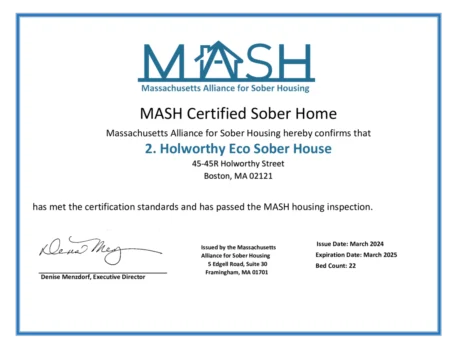It involves acknowledging that addiction is a complex and powerful force that cannot be easily overcome through sheer willpower alone. By recognizing the lack of control over addiction, individuals can begin to explore alternative paths towards recovery. By seeking help for alcohol addiction in Step 1 of AA, you admit that you’re powerless to stop drinking on your own.
“The first step towards change is awareness. The second step is acceptance.”
- It helps foster accountability and is a profound place of support.
- Further, by accepting that there are things that we cannot control, including our drug use, we open ourselves up to receiving the help of others.
- It also is not a lack of agency that implies we are helpless when it comes to choosing between right and wrong.
- Rock bottom gives you the motivation to open your mind to recovery.
- In conclusion, embracing powerlessness in sobriety is a vital aspect of the recovery journey.
Therefore, lack of control over alcohol use is part of the disease of addiction; it is not that you have a lack of willpower to control your use. This criteria is mostly likely to be present if you have moderate or severe alcohol use disorder. For many individuals in recovery, embracing a higher power or spiritual connection is a significant powerless over alcohol tool in surrendering to powerlessness. This can involve finding solace in a religious faith, connecting with nature, or exploring spiritual practices that resonate with personal beliefs. Embracing a higher power allows individuals to let go of the need to control every aspect of their lives and trust in a greater force.
Why Don’t Other Peer Support Groups Identify With the Idea of Powerlessness?
What research has discovered is that acceptance of this step should be centered on the person and what they believe is problematic. Acknowledging that, for many, feelings of ambivalence are a part of the process. That anyone approaching the need to change can benefit from the 12 steps regardless of the stage of acceptance that they are in. A person no longer must hit “rock bottom” to be able to engage in recovery. They can step out of the process at any stage by simply acknowledging they need help, even when they don’t exactly see all the places that this help is needed. Recovery is a journey that can seem intimidating if you’re just beginning, but in AA, you just have to take it one step at a time.
Step 1 of AA: Admitting You’re Powerless Over Alcohol
They may feel like they have little choice but to continue using drugs or alcohol because they lack alternatives. You care about your loved ones, but you can’t imagine your life without alcohol. Your drinking has led to trouble with your family or friends, or made problems worse, yet you continue to drink. This doesn’t make you a bad person, but it does make it more urgent that you look for help to change your habits and get your relationships back on track.
List of Examples of Powerlessness in Sobriety
Support for Me and My Family
- This is different from the inability to manage one’s life, which is what most people think of when they hear the word unmanageable.
- This assignment starts to create awareness of how this disease damages one’s life.
- In addition, embracing powerlessness cultivates humility, reminding us that we are not invincible and that seeking help and support is a sign of strength, not weakness.
- Listen to relatives, friends or co-workers when they ask you to examine your drinking habits or to seek help.
- It also includes binge drinking — a pattern of drinking where a male has five or more drinks within two hours or a female has at least four drinks within two hours.
Seeking Support from Others
- While admitting powerlessness over a substance may seem at odds with efforts to hold addicts responsible for their behaviors, the opposite is true.
- The dictionary defines powerless as being without the power to do something or prevent something from happening.
- Medication-assisted treatment can help balance neurochemistry, especially in early recovery.
- Do you continue to drink even though you know it’s causing health problems, or making those problems worse?
- In recovery, we learn that it takes far more strength to surrender and admit powerlessness than it does to try to control addiction by ourselves.




